We work together with farmers and producers throughout Japan under the slogan ‘100% Organic Japan ‘.
Japan Green Map drawn by Nao Saito
Hokkaido
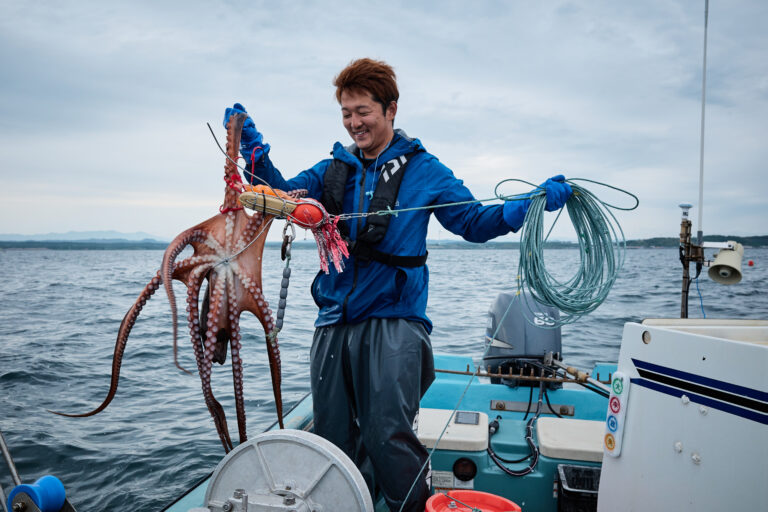
Octopus inaka BLUE Tomamae, Hokkaido
InakaBLUE was established by Mr. Ogasawara, a water octopus fisherman, to preserve the sea where octopus will still be caught 100 years from now and to connect Inaka’s fishing community to the future. inakaBLUE is responsible for everything from landing to processing and selling water octopus, and is working to realize sustainable fishing through barrel fishing, which is known as “one-line fishing” of water octopus, and ReTAKO (a system where consumers purchase octopus directly from the fisherman, thereby preserving the same amount of octopus for the future). They are also working to realize sustainable fishing through ReTAKO (a system that allows consumers to purchase octopus directly from fishermen, thereby preserving the same amount of octopus resources for future generations).
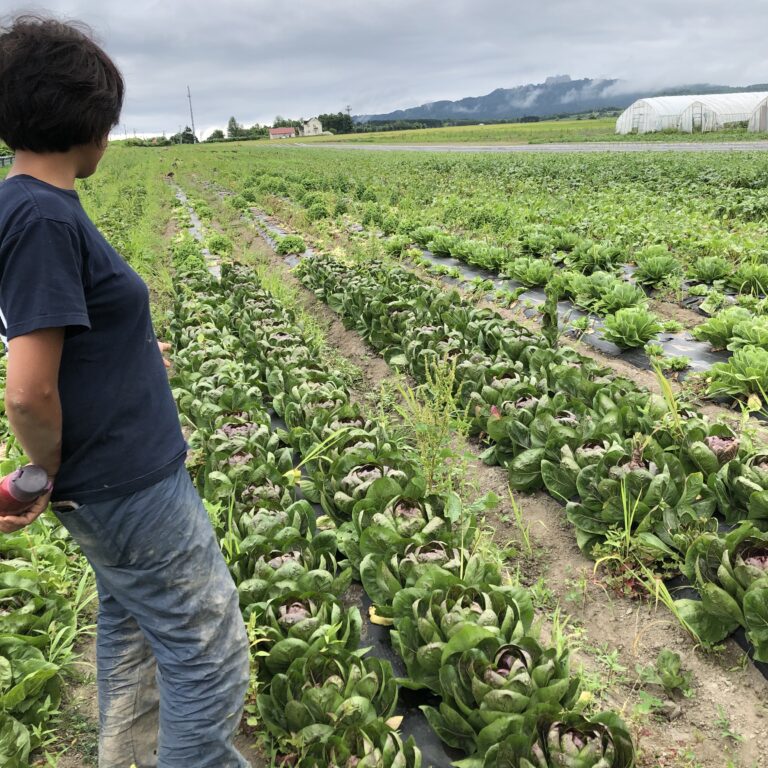
Vegetables Sasaki Farm Toya,Hokkaido
On a large surface area of 14 square kilometers (the size of three Tokyo Domes), he grows about 60 kinds of vegetables without relying on chemical fertilizers or pesticides, while respecting the harmony of nature, preserving the wonderful environment, and drawing out the life of the vegetables through recycling-oriented agriculture. Through Sasaki Farm, he is also involved in the education of young people (agricultural education).
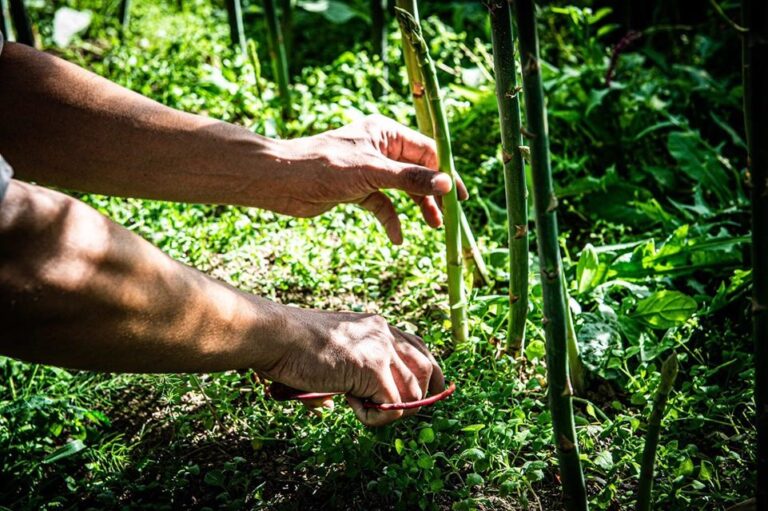
Asparagus Jet Farm Atsusawaebu, Hokkaido
Jet Farm specializes in asparagus, using no pesticides or chemical fertilizers, with the belief that the most important thing we can do as farmers is to leave a healthy earth for our children and grandchildren. The asparagus grown in spring water is very fresh and you can learn about the deliciousness of asparagus.
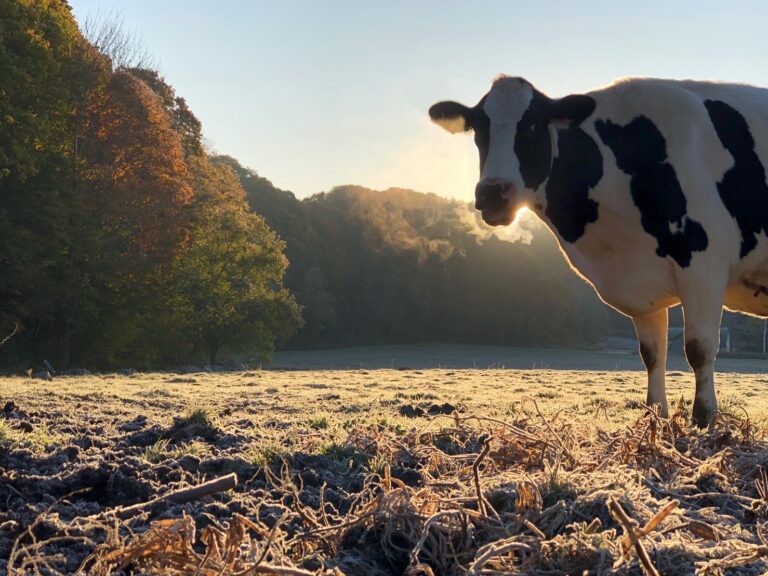
Cheese Takara cheese factory Abuta,Hokkaido
Saito san runs his family’s cheese factory, Takara, in Kimobetsu-cho, Hokkaido. The cheese is made from milk of “happy cows” raised on pasture year-round, eating green grass in the summer and hay in the winter. The local climate is blended into the cheese.
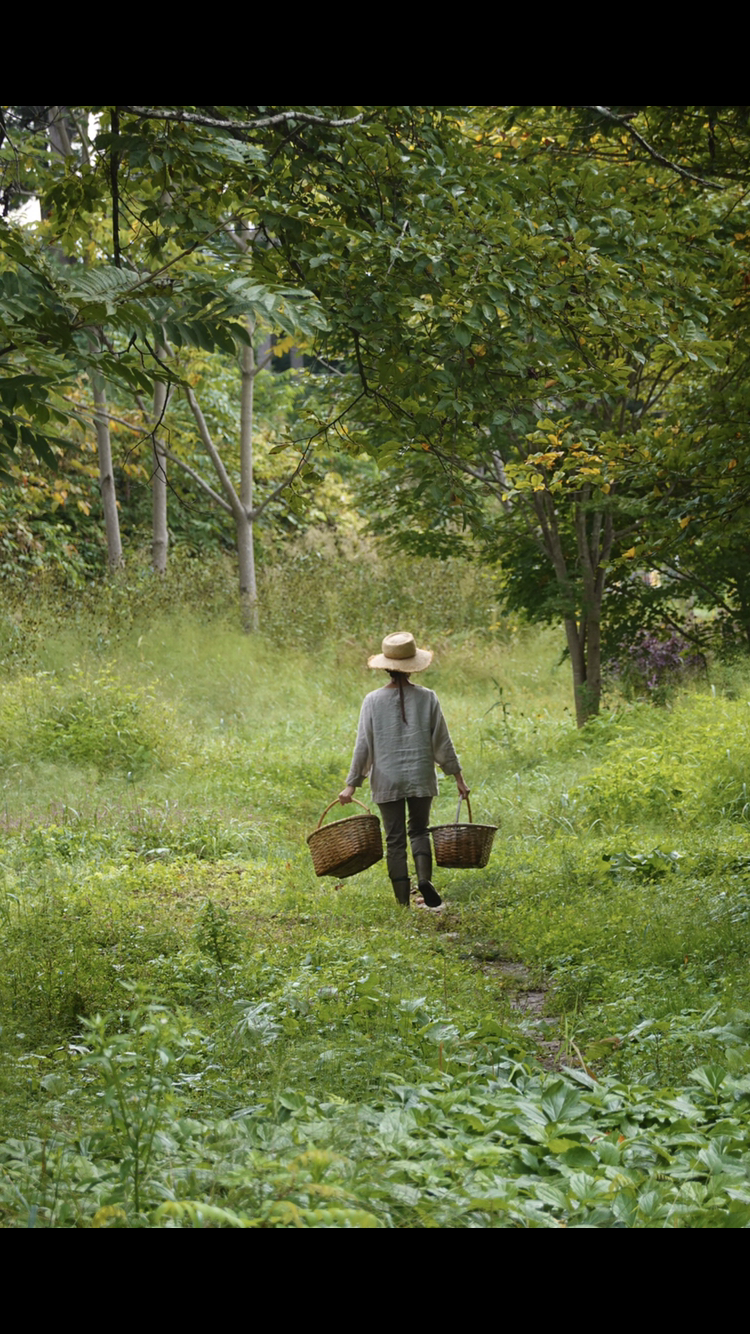
Vegetables nonomama Hokuto,Hokkaido
Former theBlindDonkey staff member Koto Koizumi and her partner will start farming in the spring of 2023 in Hokuto City, a town next to Hakodate (Bungetsu and Mukono areas), on land that had not been used for 30 years and was cleared by their own hands. Under the theme of “as it is, as it is in the field,” he delivers not only vegetables, but also other natural blessings from the fields and mountains as the seasons change.
Tohoku
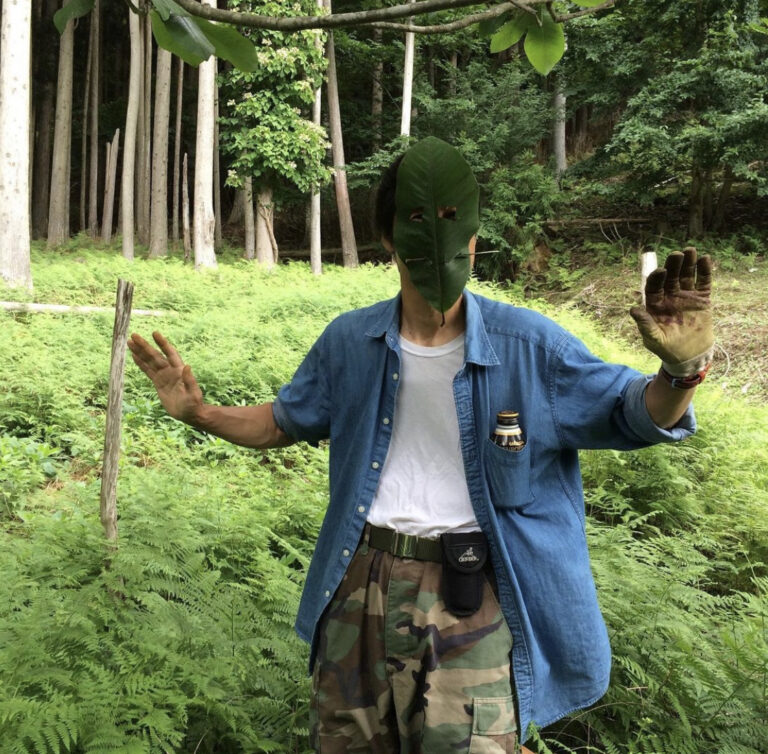
Venison Antler Crafts Ishinomaki, Miyagi
We are a wholesale distributor of wild game, hunted by Mr. Onodera, a hunter, from the Oshika Peninsula in Miyagi Prefecture, and processed in our own processing plant. In addition to hunting, Onodera also gathers wild vegetables, fruits, mushrooms, and beach plants in the forests and mountain stream fishing in the deep mountains of the Oshika Peninsula, and teaches people how to enjoy, eat, and sustainably protect the bounty of nature through workshops and tours.
TheBlidnDonkey’s product, Deer Bolognese, is made from deer sent by Onodera san.
Kanto/Koshinetsu
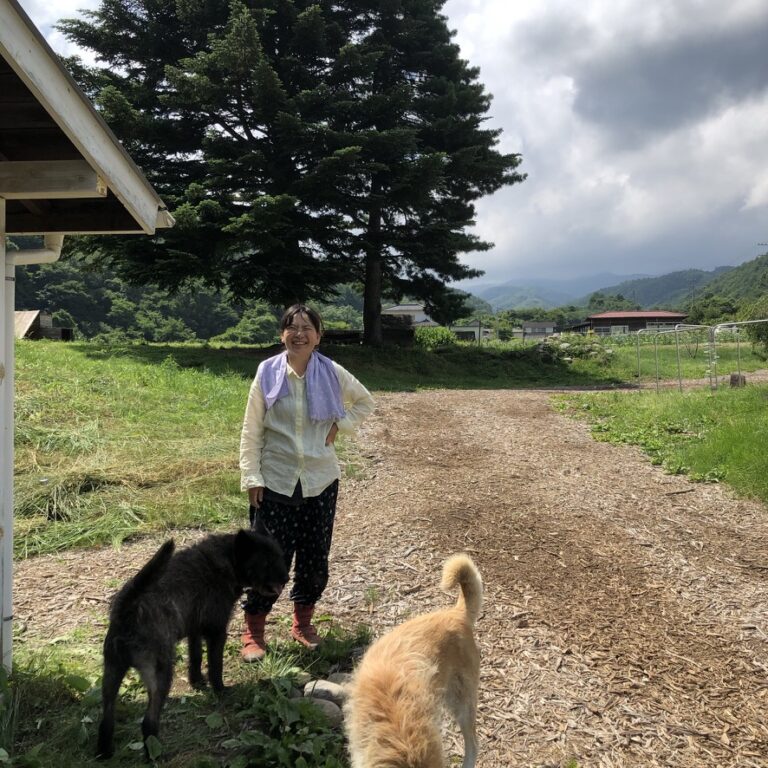
Vegetables Hasegawa Treatment Center, Agriculture Dept. Saku City, Nagano
We are a wholesale distributor of wild game, hunted by Mr. Onodera, a hunter, from the Oshika Peninsula in Miyagi Prefecture, and processed in our own processing plant. In addition to hunting, Onodera also gathers wild vegetables, fruits, mushrooms, and beach plants in the forests and mountain stream fishing in the deep mountains of the Oshika Peninsula, and teaches people how to enjoy, eat, and sustainably protect the bounty of nature through workshops and tours.
TheBlidnDonkey’s product, Deer Bolognese, is made from deer sent by Onodera san.
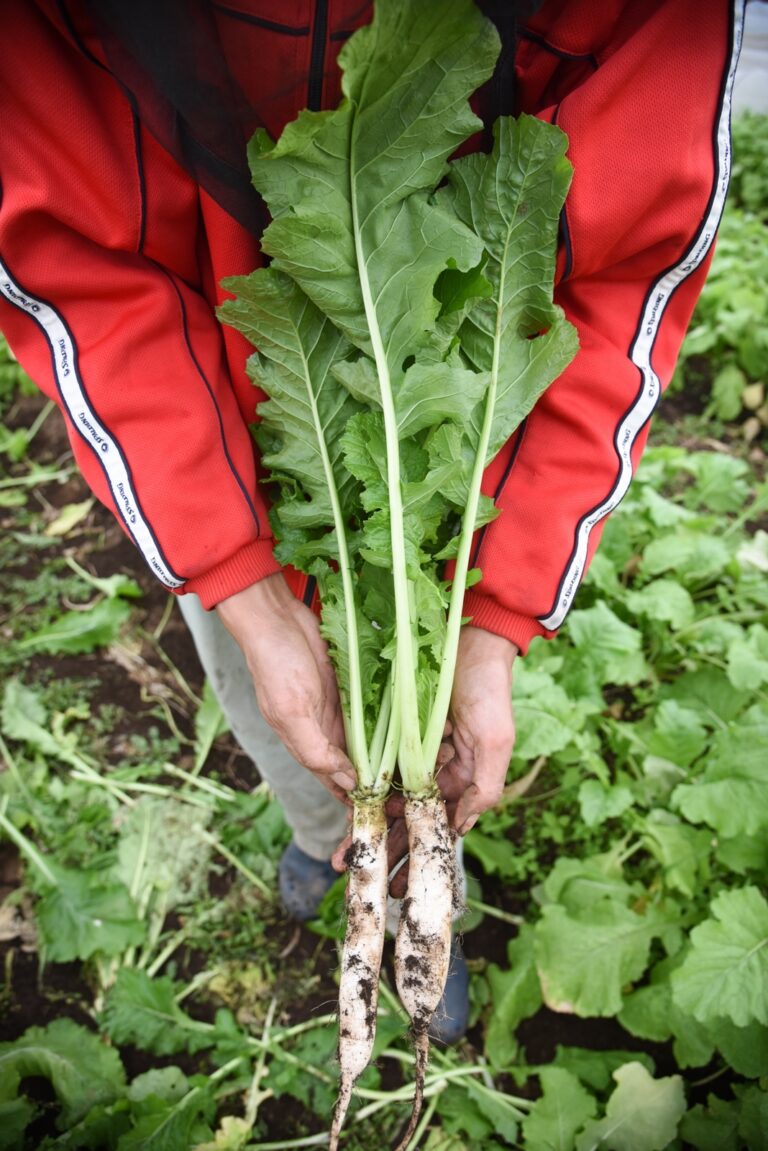
Vegetables Ome Farm Ome,Tokyo
They are committed to zero-waste (zero waste) and recycling-oriented lifestyles through farming and living based on the philosophy of “agriculture that lasts for 1,000 years,” and have installed a tiny house, bio-toilets, and solar power generation in their fields.The Marche, located next to the farm, aims to produce waste-free vegetables by selling them by weight. They value their relationship with the local community and regularly hold events in the field.
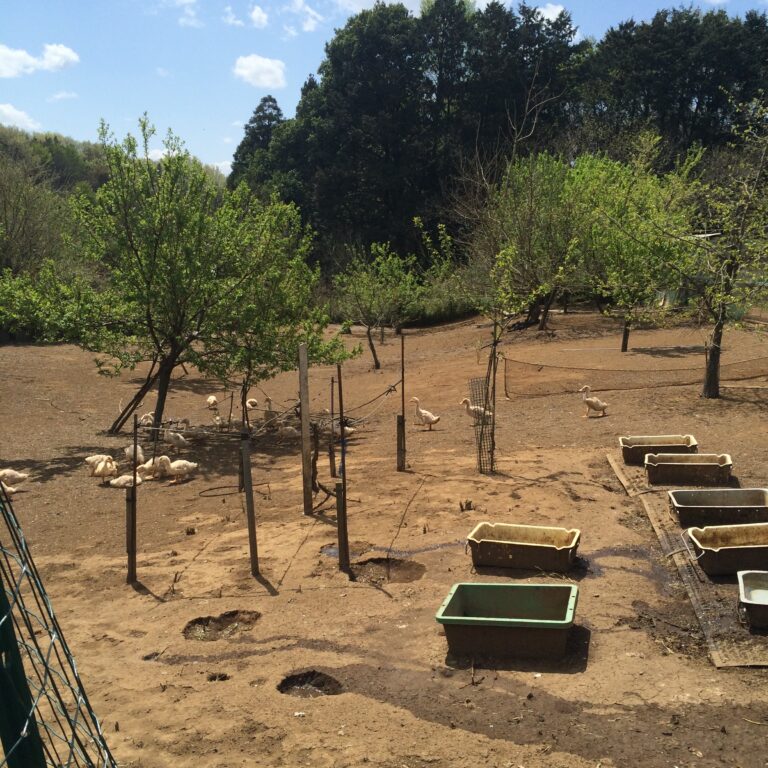
Duck Nishizaki Farm Kasumigaura,Ibaraki
The farm where the ducks are raised is covered with broadleaf trees, grass, and a layer of fluffy humus. The ducks and chickens eat the nutrient-rich grass when they need it according to their individual physical conditions, bask in the sun and water to their heart’s content, sometimes nap in the shade of the trees, and spend their days relaxing in the free-range environment. Their feed is mainly handmade, pesticide-free grain. No antibiotics or other veterinary drugs are used. They are committed to the health and safety of their ducks and aim to create a better environment for them.
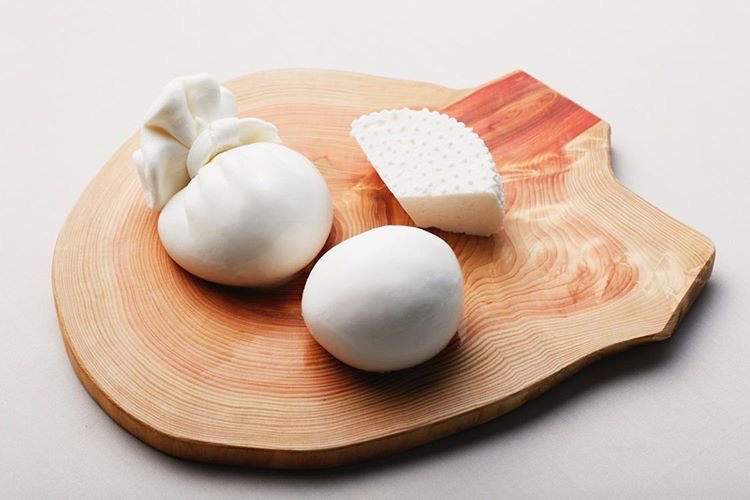
Cheese Shibuya cheese stand Shibuya,Tokyo
After years of preparation and preparation, SHIBUYA CHEESE STAND opened in June 2012 in Kamiyamacho, Shibuya-ku, Tokyo, with the wish to “bring delicious cheese to Japan. The concept is to “bring freshly made cheese to the town. Fresh milk is essential, so they purchase freshly squeezed milk from dairy farmers in the Tama area of Tokyo, and in 2016, they opened “& CHEESE STAND,” a food selection shop with a cheese studio attached. In 2016, they opened “& CHEESE STAND,” a food selection shop with a cheese factory attached, based on the concept of “Thoughtful Food” and pursuing a “better relationship between people and food” through cheese.
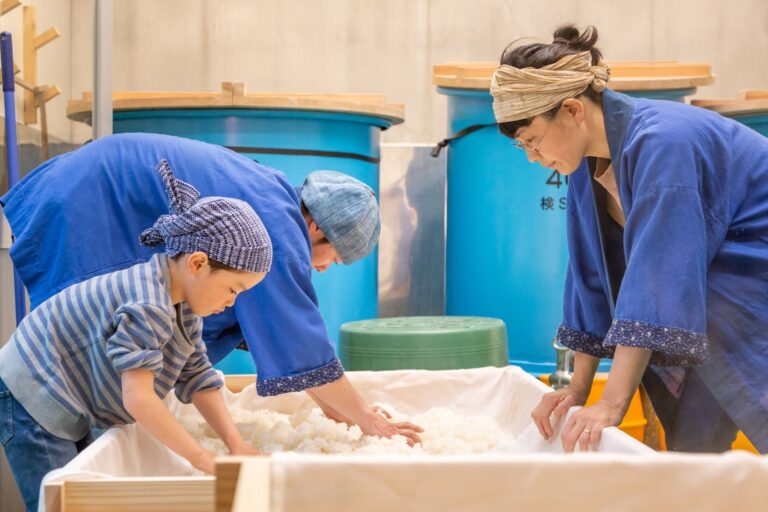
Rice,Doburoku BrewingFarmers & Company Saku,Nagano
With a desire to create a system in which agriculture and the local economy can circulate through sake brewing, they are working on a consistent process from rice cultivation to brewing by circulating all the materials, fuel, resources, and human resources related to sake brewing in the region. Please try Kennosuke san’s doburoku!
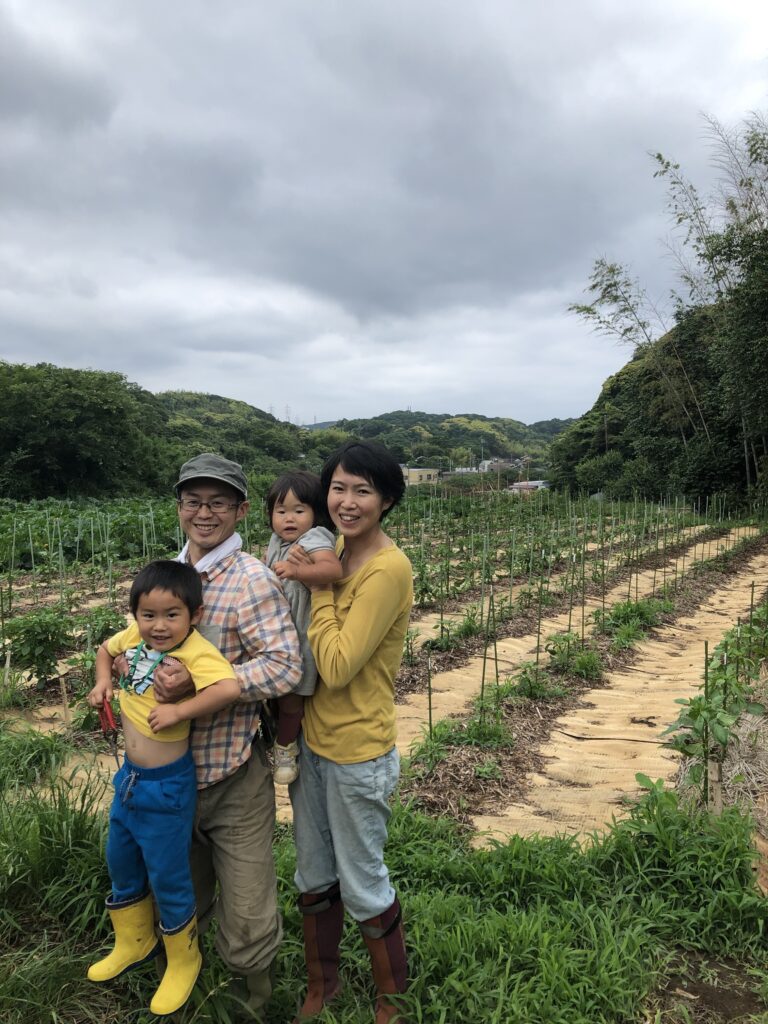
Vegetables SHO Farm Yokosuka,Kanagaw
They are committed to zero-waste (zero waste) and recycling-oriented lifestyles through farming and living based on the philosophy of “agriculture that lasts for 1,000 years,” and have installed a tiny house, bio-toilets, and solar power generation in their fields.The Marche, located next to the farm, aims to produce waste-free vegetables by selling them by weight. They value their relationship with the local community and regularly hold events in the field.
Kinki
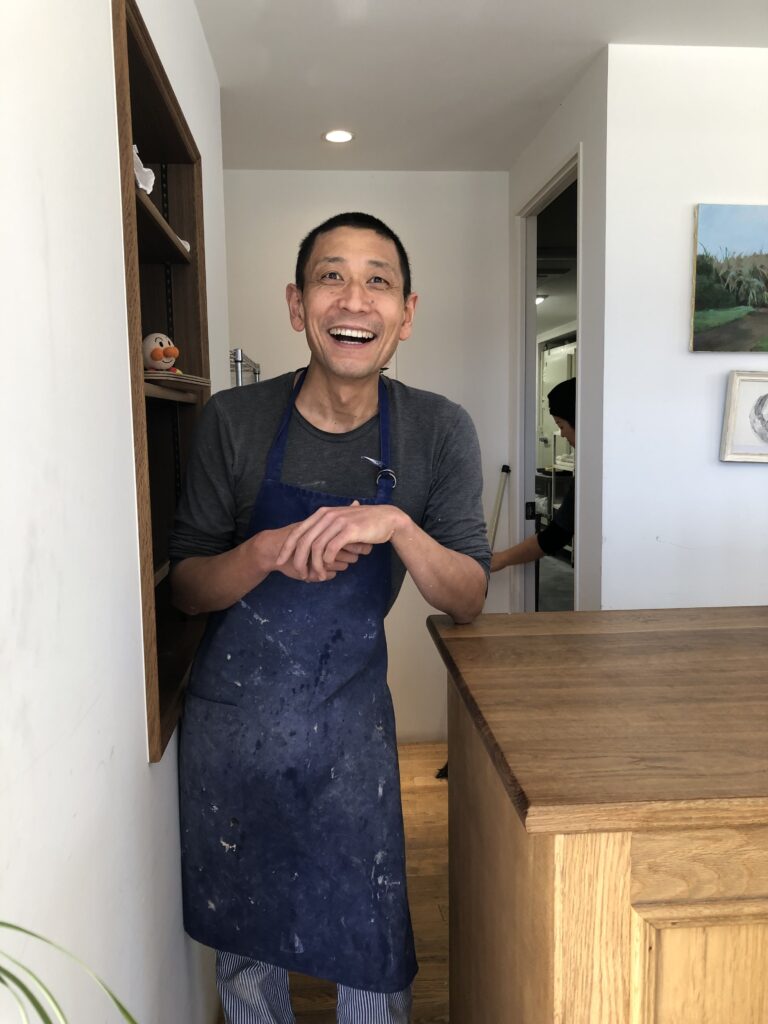
Bread Yoshida Bakery Sakyo,Kyoto
Yoshida san started his baking career with the desire to make delicious hard bread. With the desire to deliver bread to as many people as possible, he started a wholesale bakery that delivers bread to restaurants, hotels, and other customers. What Yoshida san values the most is to use the best wheat and to spare no pains. The campagne that we serve in our store is made with a blend of stone-ground rye flour and a generous amount of organic raisins and homemade yeast. They are sold in the store on Fridays and Saturdays only.
Chugoku/Shikoku
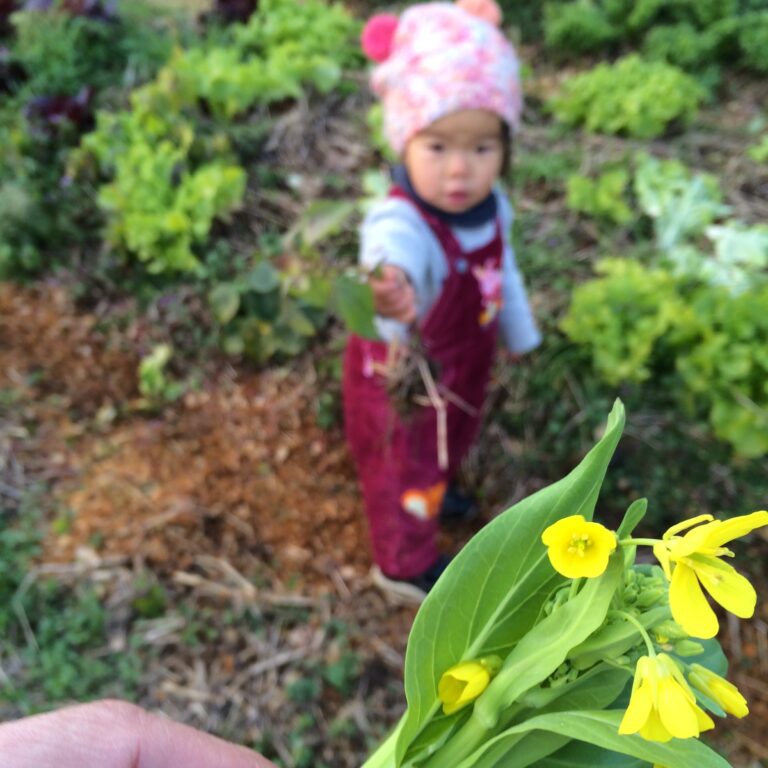
Vegetables Nakaoka Farm Hatsukaichi, Hiroshima
Yamamoto san of Nakaoka Farm is a “natural farmer” on the World Heritage Site of Miyajima, Hiroshima Prefecture. In the old days, there was no farmland on Miyajima, the island of the gods, because it was thought that cultivating the land would damage the island. Permission was granted to farm on the premise that the nature would not be damaged, and Nakaoka Farm was born. The vegetables grown slowly and slowly at their natural speed are overflowing with vitality, based on the idea that “the important thing is to grow vegetables and live in accordance with the workings of nature.
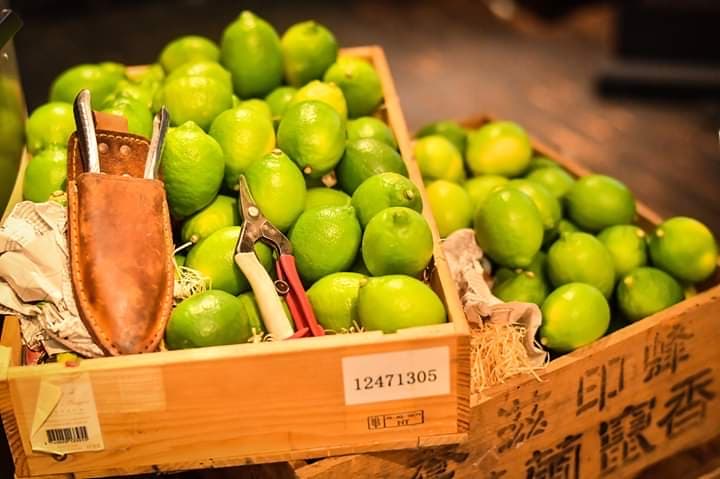
Lemon Tatemichiya Onomichi,Hiroshima
On an island in Onomichi City, Hiroshima Prefecture, in the heart of the Shimanami Sea Route, they are producing “delicious lemons to eat” by carefully cultivating the soil in order to create a field environment that does not require pesticides or chemical fertilizers. Through farming, he hopes to pass on the natural way of thinking about “eating” to the next generation. With this in mind, Hidekazu Kan san, the owner of the farm, is engaged in lemon production without the use of pesticides and with an emphasis on the diversity of living creatures and the function of nature.
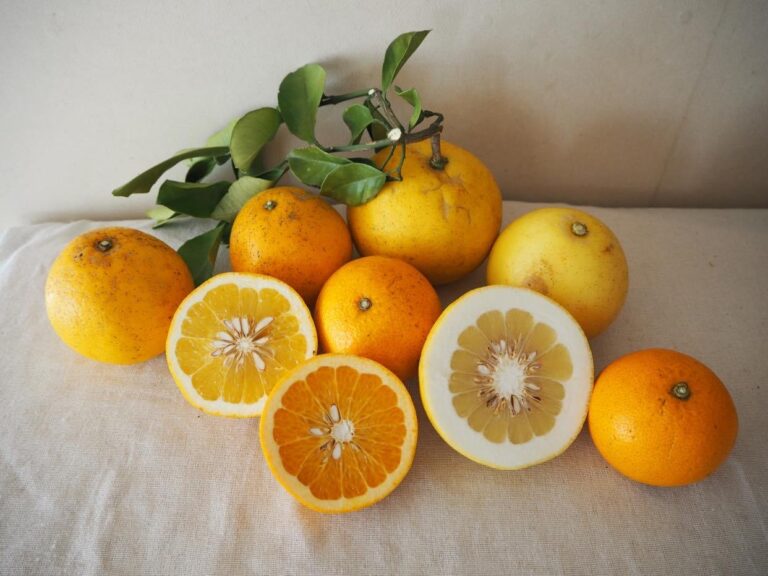
Citrus Citren et Cotron Uwajima iland,Ehime
They sell citrus fruits grown using pesticide-free and chemical-free farming methods, as well as straight juice and processed products. The company is run by Mr. Kurushima and his family from Uwajima, Ehime, and supports small citrus farmers who do not want to use agricultural chemicals and chemical fertilizers for safety and peace of mind! They support small citrus farmers who do not want to use agricultural chemicals and chemical fertilizers for safety and peace of mind. Every Sunday, they have a stall at the farmers’ market.
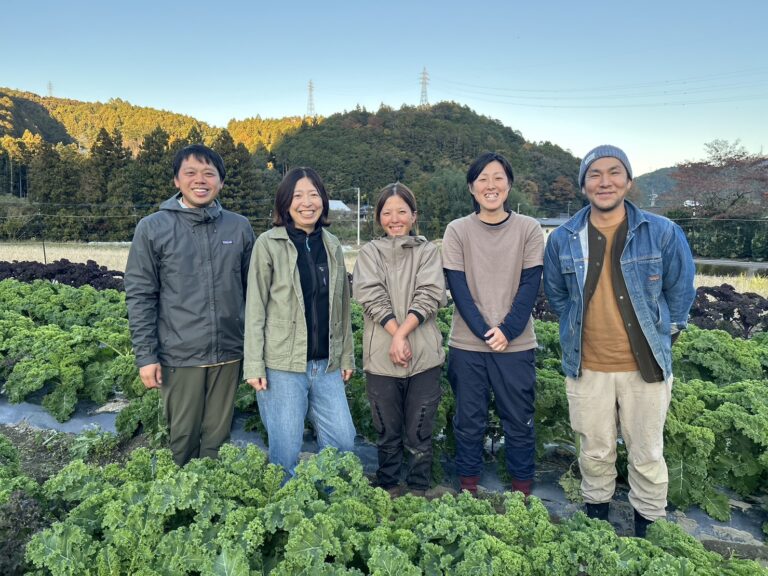
Vegetables Tsunagu Farm Kamiyama,Tokushima
The “Food Hub Project” aims to enrich relationships by growing and eating locally, based on locally produced food, and to connect Kamiyama’s agriculture and food culture to the next generation. At the center of this project is Tsunagu Noen. It supports local food through its own cafeteria, Kamaya, and school lunches in Kamiyama. It is also a place that connects local agriculture and food culture to the next generation by taking over abandoned farmland, preserving the landscape through agriculture, and working with local schools on food education.
Kyushu
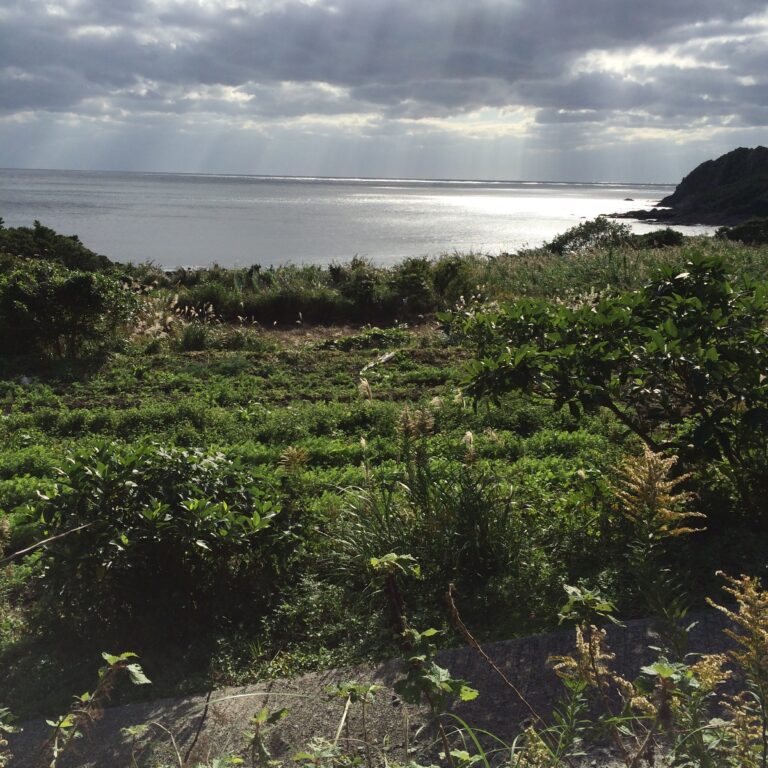
Vegetables Kokoro no Yasai Satsuma,Kagoshima
Kokorono Yasai’s terraced fields are located in a natural setting overlooking the horizon, facing the East China Sea and overlooking the ocean. Their policy is to produce vegetables that are safe to eat and safe for children to eat, rather than vegetables that have a good shape. Syrups and processed products made by his wife are also available.
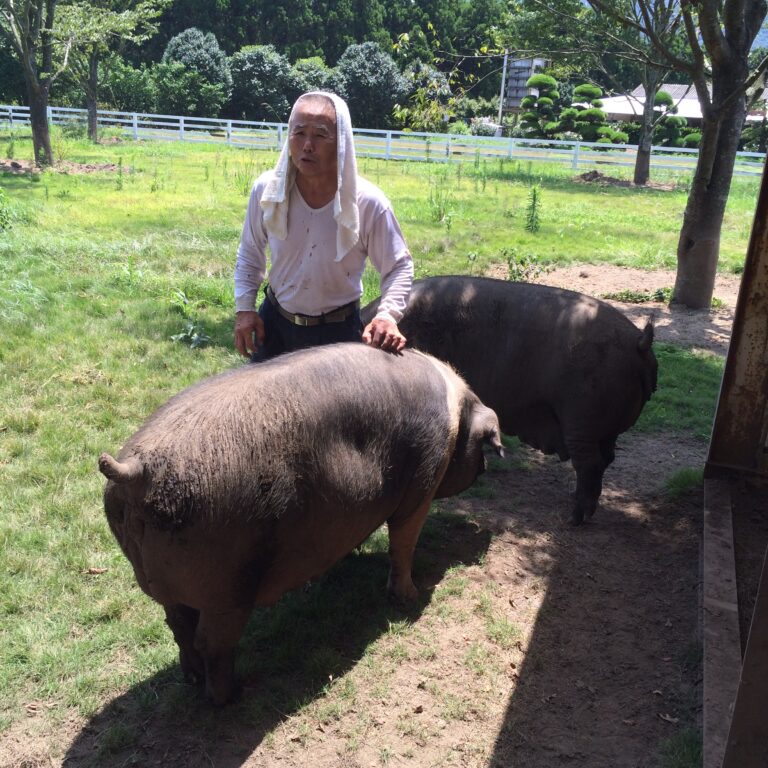
Pork Fukudome Small Farm Kanoya,Kagoshima
Fukudome Small Farm is a “small” pig farm run by a family that “brings a little happiness to the table. Under the motto of “Straightforward, careful, and painstaking,” they raise only the number of pigs they can see, process them on the spot, and even sell them. They have safe food that even humans can eat, and fresh groundwater that they can drink at any time.

